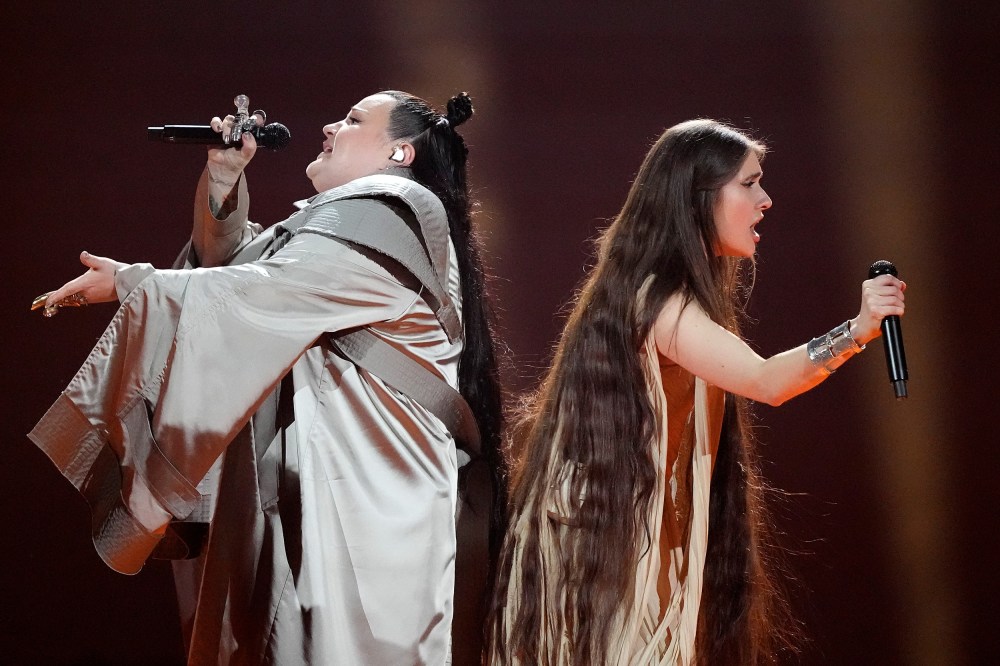The Eurovision Song Contest is coming up on its 70th anniversary in a few years, but it’s only since the 2010s that the once Eurocentric event has become a true global phenomenon. The organizers have emphasized the sparkly, clubby extravaganza’s “safe” messages of peace and love and global togetherness. This year’s theme is literally “united by music.” But fans can tell you such posturing is mostly nonsense.
Eurovision isn’t successful because it’s apolitical; it’s successful because it is a safe outlet for politics. Its musical battles have been giving viewers a way to process their feelings about their neighbors for decades, whether it’s voting for Israel to win in 1978 after the invasion of Lebanon or handing the trophy to Yugoslavia in 1989 as the USSR teetered on the brink of collapse.
Most of these countries cannot afford to fight wars, let alone win them without outside help, so expressing their displeasure over squabbles via voting on Europop is far more cost-effective.
Now, in our post-“American Idol” reality show reality, this political release is available worldwide. Most of these countries cannot afford to fight wars, let alone win them without outside help, so expressing their displeasure over squabbles via voting on Europop is far more cost-effective.
In recent times, voters gave the U.K. zero points across the board the same year Brexit finally went into effect, and regularly shut out Germany, arguably because they hate the European Union tax standards set by the union’s largest player. But no country has been frustrated by the voters more than Russia. Russian artists have made it to many finals since their leaders invaded Ukraine in 2014 — only to be blocked from winning by low popular vote scores. The European Broadcast Union finally kicked the country out after the 2022 invasion of Ukraine.
And speaking of Ukraine, that nation’s act won in a landslide in 2022 — but not necessarily because of its entry. The war wasn’t over by the time the contest rolled around the next year, so runner-up U.K. hosted for Ukraine. (The winning country hosts the next year’s competition.) Ukraine politely submitted something completely non-war-related that had little chance of winning, a tactic nations have used in the past to avoid back-to-back wins, and the expensive logistics that come with them.











